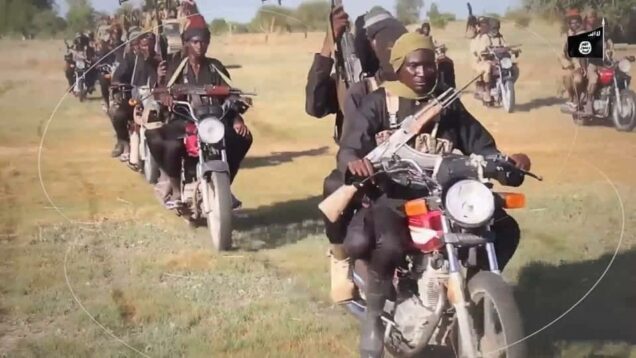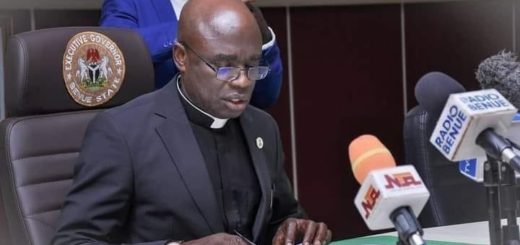A Nation in Fear: Terrorism and Crime Escalate in Early 2025
by Admin ·
 As 2025 begins, Nigeria faces an alarming increase in violent attacks, with terrorism, banditry, and criminal activities spreading across the nation. These attacks have sent waves of fear through local communities, raising concerns about national security.
As 2025 begins, Nigeria faces an alarming increase in violent attacks, with terrorism, banditry, and criminal activities spreading across the nation. These attacks have sent waves of fear through local communities, raising concerns about national security.
Reports from press confirm that over 78 individuals have been killed and 80 others kidnapped during the first week of January alone. Non-state actors have taken advantage of the security vacuum, ambushing both civilians and security personnel.
A Weekend of Bloodshed
On January 4, the violence was particularly severe. In Borno State, eight soldiers were killed when terrorists launched a deadly attack on a military base in Sabon Gari. Meanwhile, in Kebbi State, bandits raided Natsini village in Argungu Local Government Area, killing two people. In Katsina State, a series of attacks left over 30 people dead between Tuesday and Thursday as gunmen ambushed them while they were returning from a condolence visit.
In Imo State, violence escalated when gunmen killed three people in the Umuokanne area. Hours later, another group of assailants stormed Orsu Local Government Area, killing at least 18 people in what locals called a devastating act of terror.
The Onslaught Continues
The killings did not stop there. On January 5, bandits ambushed and murdered the Acting Chairman of the Miyetti Allah Cattle Breeders Association in Katsina, Alhaji Amadu Surajo, along with three others. The same week, Boko Haram terrorists killed two police officers in Borno, while gunmen executed a brutal attack on a farmer in Benue State, abducting him for two weeks before executing him after a ransom was paid.
In the following days, more attacks occurred, including the killing of two Airtel staff and one villager by gunmen in Kebbi. The gunmen targeted the community after learning about the installation of a surveillance mast by the telecommunications company.
Ransom and Abduction: The Crisis Deepens
Alongside the bloodshed, kidnappings have surged. Over 40 people, mostly women and children, were abducted on January 5 in Gana village, Zamfara State. The situation escalated on January 7, when two Catholic reverend sisters were kidnapped in Anambra State. Further violence followed on January 9 in Enugu State, where 33 passengers, including soldiers, were abducted along a major road connecting the North-Central region.
The rising kidnappings have intensified fears, with residents and families desperate for the safety of their loved ones.
A Displaced Population
Benue State alone has seen over 1,000 households displaced within a week of violence. Governor Hyacinth Alia revealed that there are currently over 500,000 displaced individuals across 26 Internally Displaced Persons (IDP) camps, suffering from poor living conditions, inadequate shelter, and limited access to essential services.
A Southern Challenge
As the violence spreads southward, there are growing concerns in the Southwest. Governor Seyi Makinde of Oyo State warned of an influx of bandits relocating from the North-West due to increased military operations. Security forces across the region are stepping up their efforts, with joint operations involving the police, Amotekun, and military.
Security experts, including Comrade Jare Ajayi of Afenifere, have called for urgent action, urging all southern governors to meet and devise a strategy to prevent bandits from infiltrating their region. Some experts, like Elder Ben Okezie, believe establishing state police could be a vital step toward combatting the rising violence, as local law enforcement would better understand the terrain and the criminals operating within it.
With rising tension and widespread insecurity, it remains to be seen if Nigeria’s government and regional authorities can unite to combat these escalating threats and restore peace to the country.













